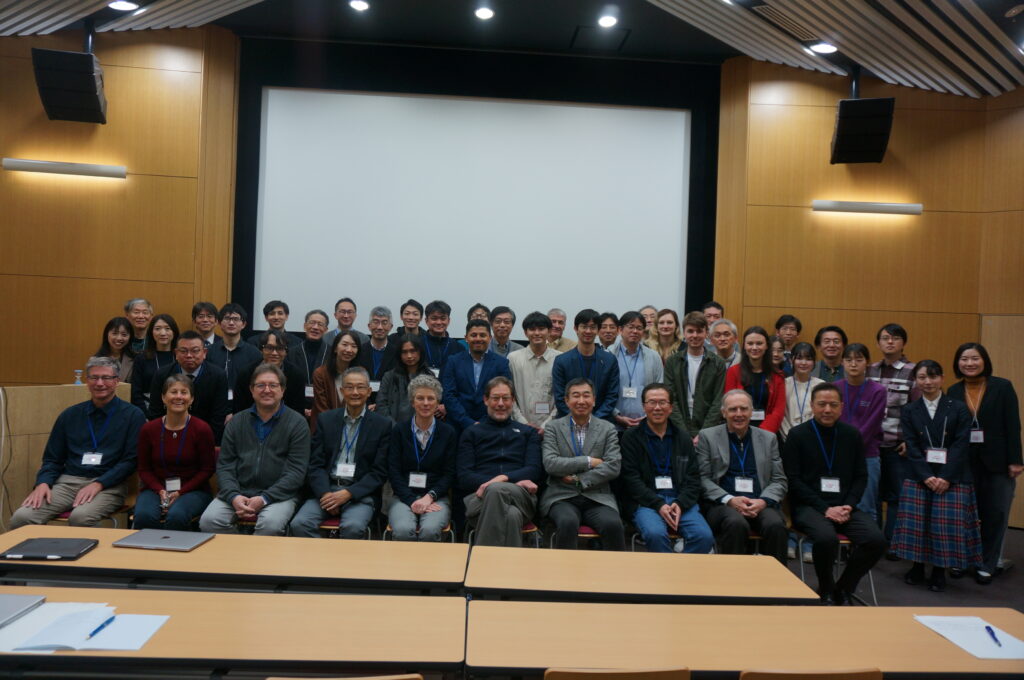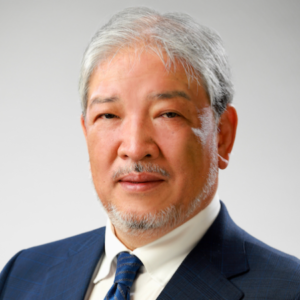The International Symposium
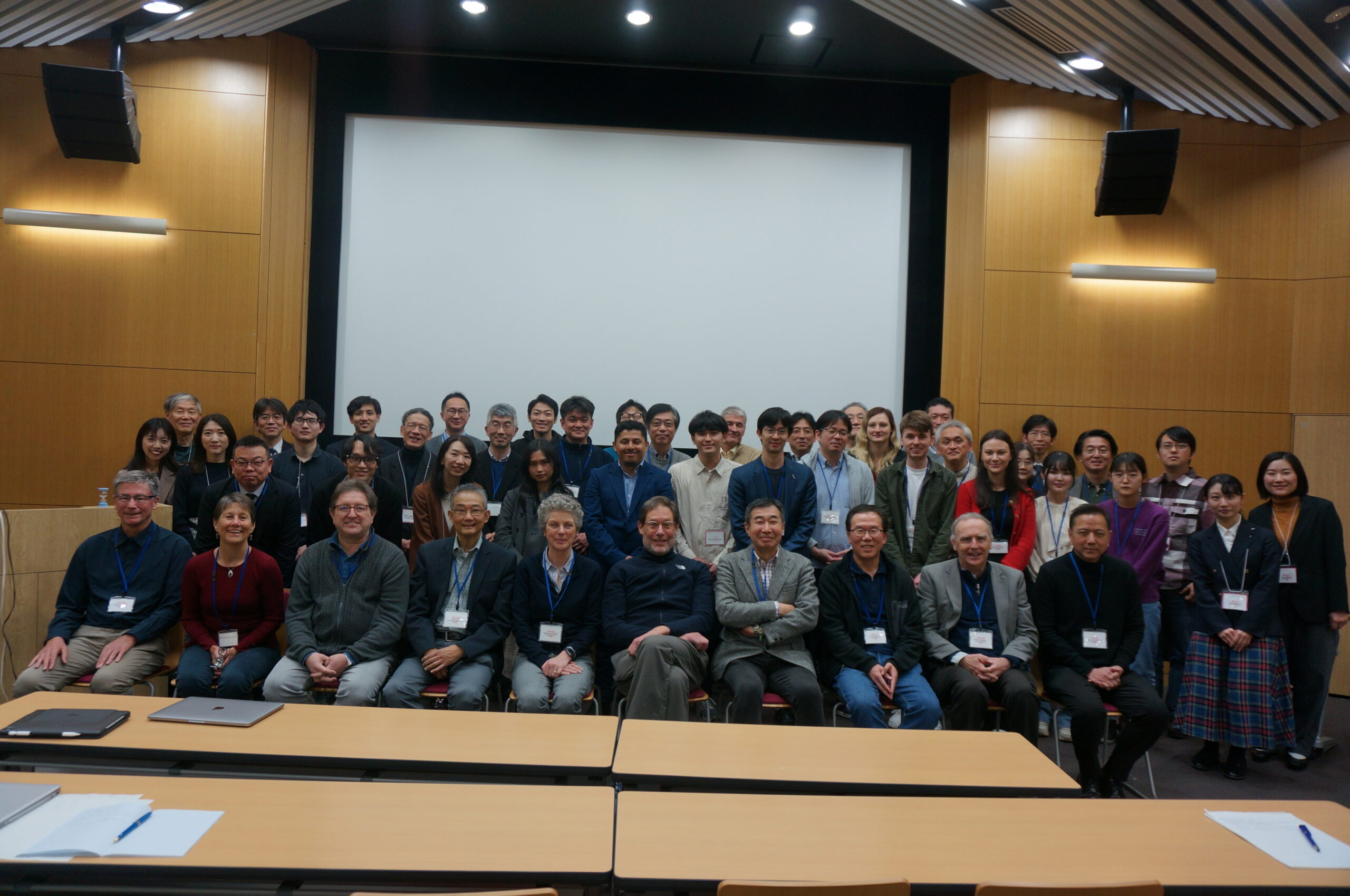
The International Symposium on “Signals for Human, Animal and Planetary Health: From Metabolites To Biological Interactions” was held from March 4th to 8th, 2024 at the Nakashima-hall and Yayoi Auditorium Annex, in Tokyo. The symposium brought together over 70 experts and collaborators from around the world to address pressing issues regarding the sustainability of human life on Earth and the intricate interplay between human activities, animal health, and planetary well-being.
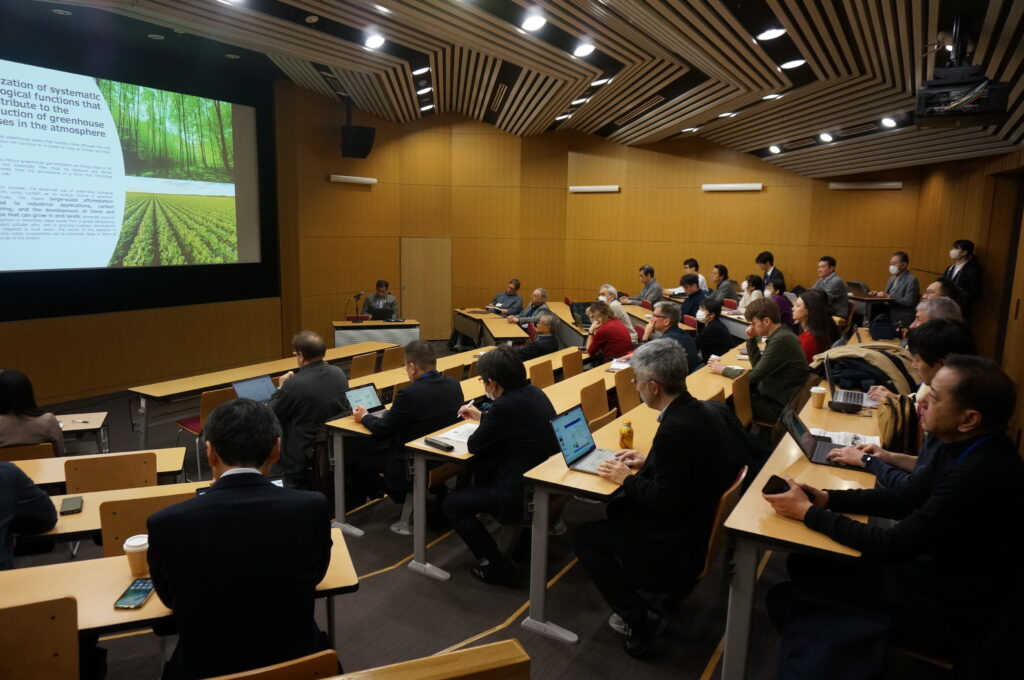
Speakers highlighted the urgent need to shift societal paradigms from traditional economic capitalism to a more holistic approach that prioritizes the preservation of the Earth. Renowned scientists from around the globe presented their groundbreaking research and insights that covered topics that included nutrition, aging, microbiome regulation, and disease control, all in the name of advancing our understanding of complex biological interactions and promoting holistic approaches to well-being.
Dr. Anavaj Sakuntabhai, Executive Director of Fondation Pasteur Japon, delivered a presentation on the relationship between climate change and vector-borne infections. He elucidated how changes in temperature, humidity, and wind patterns influence the life cycles of arthropod vectors, such as mosquitoes, and consequently impact the transmission dynamics of diseases like dengue fever. Dr. Sakuntabhai also emphasized that as global temperatures rise, there is a significant increase in the potential geographic spread of vector-borne diseases, posing substantial public health challenges.
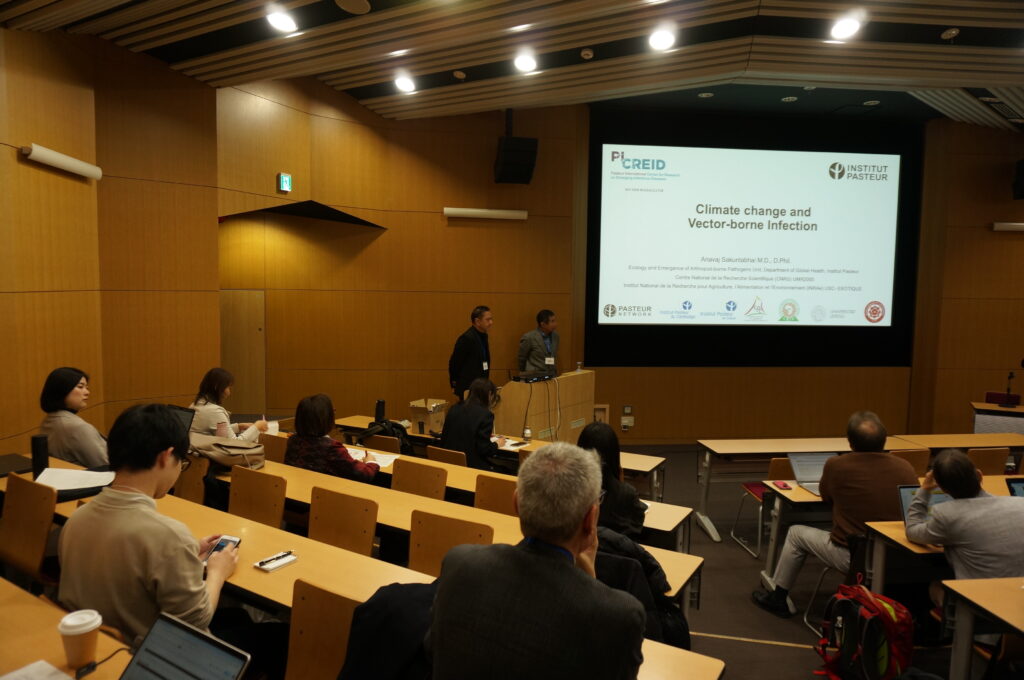
Moreover, Dr. Sakuntabhai outlined the initiatives undertaken by Institut Pasteur to mitigate the risks posed by emerging infectious diseases, including enhancing surveillance, understanding transmission dynamics, studying viral adaptation to new hosts, and investigating host immune responses. By implementing cutting-edge technology and fostering collaboration across continents, Institut Pasteur aims to bolster global preparedness and response capabilities to outbreaks of arthropod-borne infections.
Overall, the symposium served as a pivotal platform for global experts to convene and address the urgent challenges facing humanity and the planet. A renewed sense of urgency and commitment to advancing scientific knowledge and fostering sustainable practices for the well-being of current and future generations was shared among the participants, reaffirming the importance of interdisciplinary collaboration in shaping a healthier and more resilient world.
